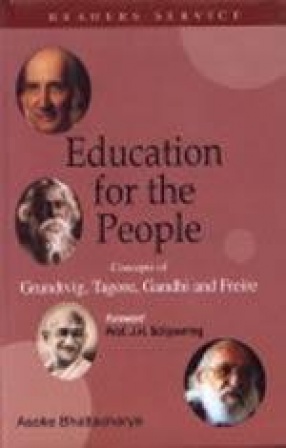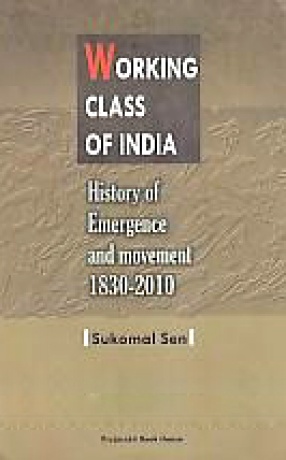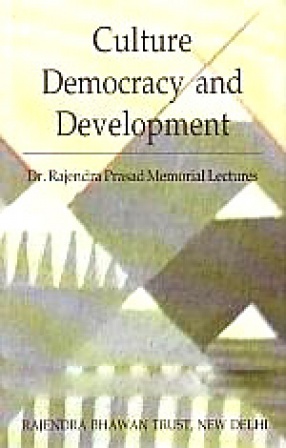A very long distance lies between the State of Bengal, India and Denmark. Similarly, Brazil and India are separated by two oceans and the African continent. Accordingly, it seems a daring enterprise to embark upon a project which aims to establish a dialogue between educationists from India, Denmark and Brazil, not least in light of the fact that any effectual educational theory is developed and has to be framed within a specific context. This contextuality is valid for all four educational thinkers who are discussed in this collection of essays, Rabindranath Tagore and Mahatma Gandhi from India, Nikolaj Frederik Severin Grundtvig from Denmark and Paulo Freire from Brazil. Moreover, the four educationists belong to different historical periods. Grundtvig lived in the milieu of early nineteenth century Denmark, whereas Tagore and Gandhi for the greater part of their adult years lived in the first part of the twentieth century and Paulo Freire in the second part of the same century. Accordingly, it seems risky if not even far-fetched to analyse all of them from a consistent perspective. At first sight it might appear as more appropriate to present the argument that differences between them account for more than similarities. Professor Asoke Bhattacharya has taken the heavy burden upon his shoulders to venture into the task of moderating a dialogue between the four thinkers mentioned, and to do so with the ambition of presenting a proposal which bears significance not only for his own nation of India, but for the Southern Hemisphere as a whole.
Education for the People: Concepts of Grundtvig, Tagore, Gandhi and Freire
In stock
Free & Quick Delivery Worldwide
reviews
Bibliographic information
Title
Education for the People: Concepts of Grundtvig, Tagore, Gandhi and Freire
Author
Edition
1st ed.
Publisher
Readers Service, 2008
ISBN
8187891742
Length
240p.
Subjects





There are no reviews yet.